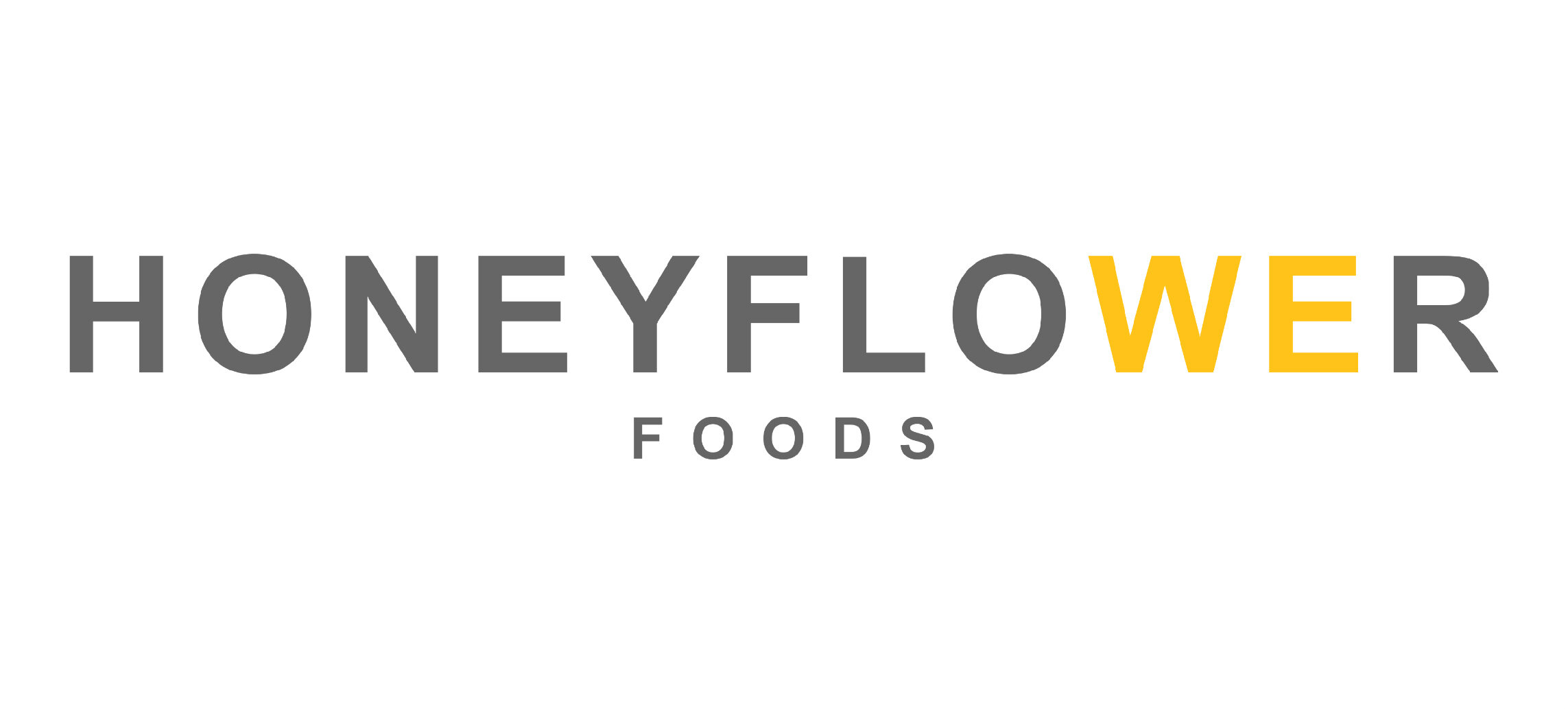An Honest Conversation On Corn
We thought we’d take this opportunity during Plastic Free July to share a bit more about why we use compostable corn-based packaging and use this moment to discuss the challenges we face in using corn today.
Our goal at HoneyFlower Foods is to use wholesome ingredients that are not processed or packaged with any preservatives or chemicals. It is also super important to us that we factor their availability and scalability from a resource perspective, as well as how we build a diverse set of ingredients for our future. For us that means sourcing the widest mix of ingredients that require less water, less land and have the availability to grow long-term.
Corn serves as a catalyst for the conversation around some of the challenges we will face over the coming decades. As a staple crop for centuries, we understand well that corn has scale and versatility, but in that, has become a monoculture - over grown and generally used as a crutch for the food system. As such, it exemplifies the complexity and compromise required to build a sustainable future of food. Using it now in packaging offsets global plastic buildup but also contributes to our dependency, on the crop, and its growing market share.
No doubt about it, corn is a highly productive and flexible crop. The nutritional value is high and the crop can be used for a wide range of things from ingredients and oils, to dried goods or packaging. Corn is easy and cheap to grow and can be grown in most areas around the world and as such has firmly planted itself in both the American industrial food system and smaller more rural communities around the globe.
AND in an effort to solve the problem of more than eighteen billion pounds of plastic that end up in the ocean every year, corn has become a great resource for bioplastics (plastics made from a biological material instead of petroleum). Making corn the best available choice for packaging. Our meals are packaged in corn-based biodegradable boxes, that are certified compostable.
And the stuff (corn plastic) is actually pretty cool. Corn-based packaging is made from the sugars in cornstarch and is typically labeled as “PLA.” To turn corn into plastic, the corn kernels are broken down into starch, fiber, and protein. The corn oil is separated from the starch and is similar to the carbon chains found in plastic from fossil fuels. These biosplastics offer a great solution to the microplastic beads we cannot remove from environments. A great step in bioengineering and the fight against plastic, but a step backwards in our dependence on corn. In that lies both the problem and our mission. Can we find scalable food and resource solutions that help solve our growing environmental and food emergencies?
As we grow as a global community, environmental, scalability, efficiency, and long term costs all need to be considered as we adjust our consumption cycle. The open, sometimes difficult conversations about the pros and cons, costs and benefits, and who or what suffers in the short term, are the conversations we want to be having. We recognize that bringing together caring people, with good intentions, and thoughtful solutions can lead to positive change, and THAT sounds downright good for us all.
We see corn as a conversation starter and instigator for the challenging discussions we need to be having about smart positive impactful change for our future.
We hope this leaves you with a bit more to chew on :) :)

